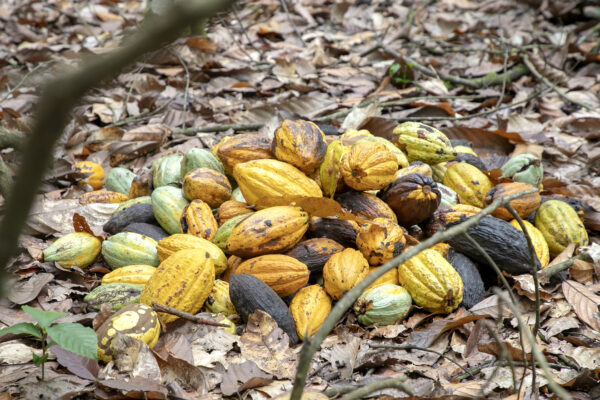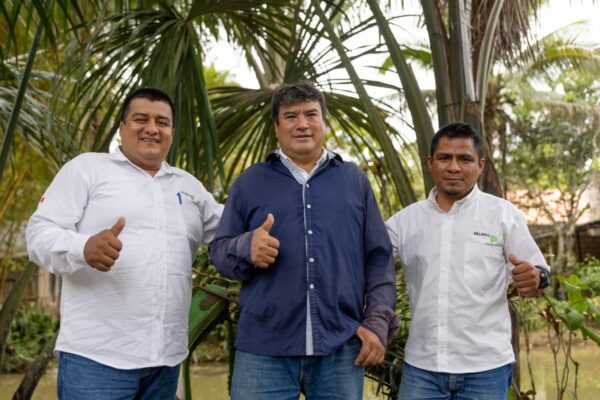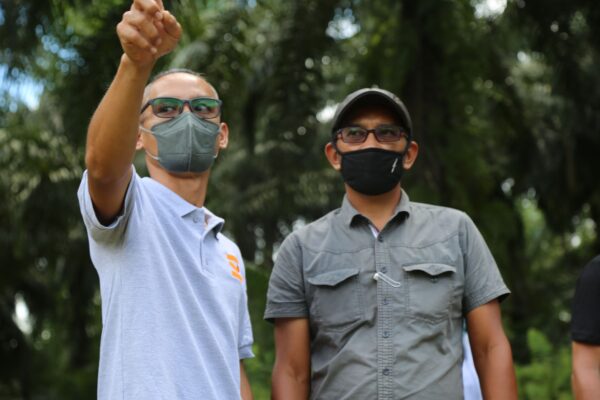4-minute read
Agriculture, forestry and land-use represent around 20 percent of global carbon emissions. The associated supply chains produce commodities like cocoa and palm oil, which can be linked to tropical deforestation.
Supply chains are also lengthy and complex. Businesses need to do more to trace suppliers and influence them to use better agricultural and social practices.
As such, any net-zero commitment should look to prevent deforestation and keeping remaining forests standing. There are many efforts underway to achieve this; with governments, NGOs and companies collaborating to do so. This is much needed, but there is another group of people businesses need to support.
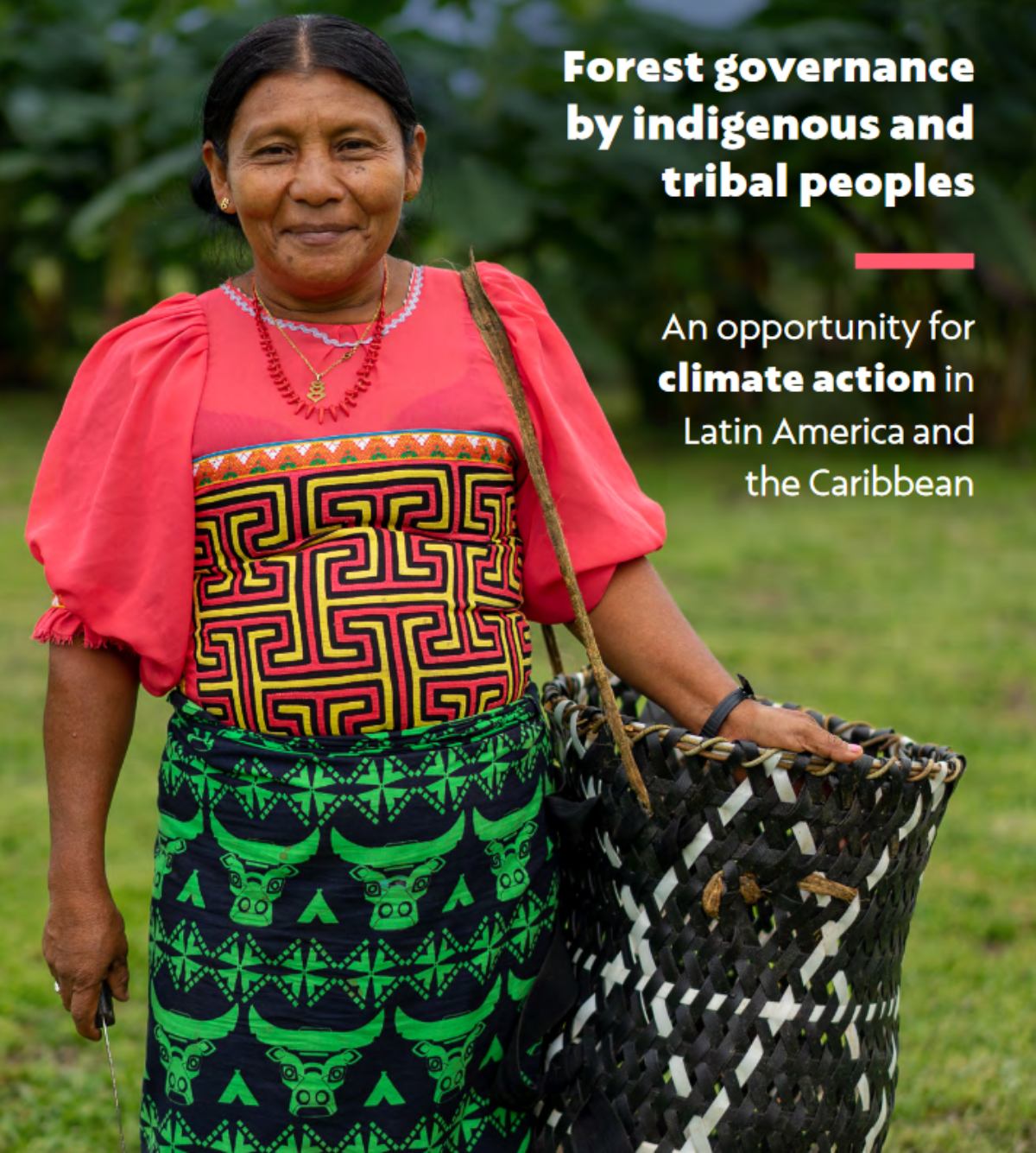
People are at the center of net-zero and conservation commitments
Studies have shown that forest conservation is more effective if done in collaboration with indigenous people. The United Nations (UN) estimates there are 476 million indigenous people across the world.
While they only represent around 6 percent of the world’s population, a study in the international journal Nature revealed they manage or hold tenure over a quarter of the planet’s land surface and support 80 percent of global biodiversity.
Forest governance by indigenous and tribal people, a United Nations report published earlier this year, found that deforestation rates were up to 50 percent less in indigenous territories in Latin America, compared to other regions.
The report highlighted several factors why forests in indigenous territories have been better conserved, which include their years of traditional knowledge and when their collective territorial rights have been recognised.
Map of Mului Forest (Source: Forest Conservation Fund)
Ways to help protect forests and people
So in this respect decarbonisation within agriculture is very much about people as much as it is about trees. Earlier this year, UK retailer Waitrose committed funds to help the Mului people, who are indigenous land owners in Borneo, to protect forests.
There is a Mului proverb that underlines their thoughts on nature: "Protect our nature; the forest, land and water are our children and grandchildren's future. Nature is our livelihood, and will be the livelihood of our generations to come."
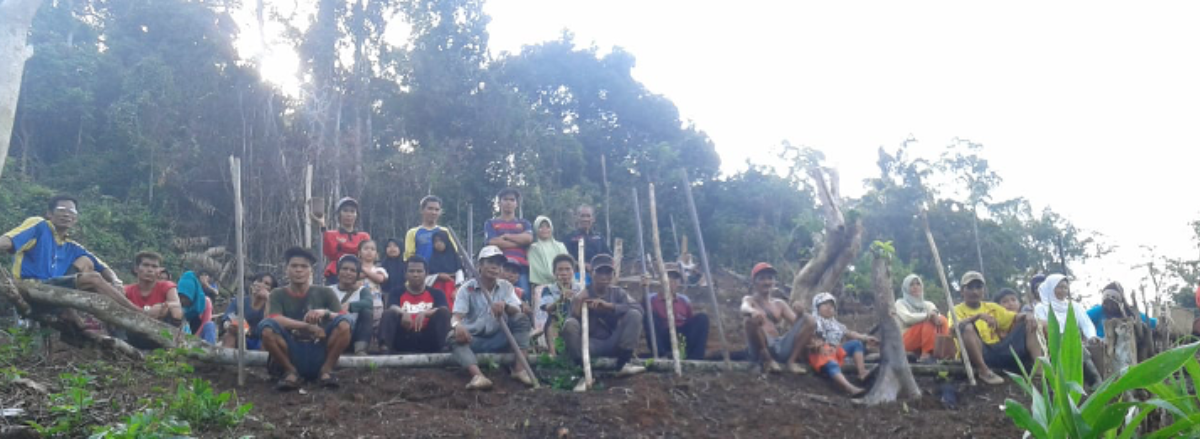
This investment from Waitrose is part of a partnership with the Forest Conservation Fund (FCF) that will ensure 480 hectares of forest will be protected.
The FCF connects companies to conservation projects in tropical forest landscapes. After identifying local conservation partners where forests are being lost to agricultural commodities like cocoa and palm oil, it links them to financial support from businesses buying commodities there.
The aim is to ensure forests remain standing. This funding will help
the Mului people to patrol the forest, protecting it from illegal
logging and poaching.
More investment is needed from government, banks and the private sector to increase the role indigenous communities can play to fight climate change.
